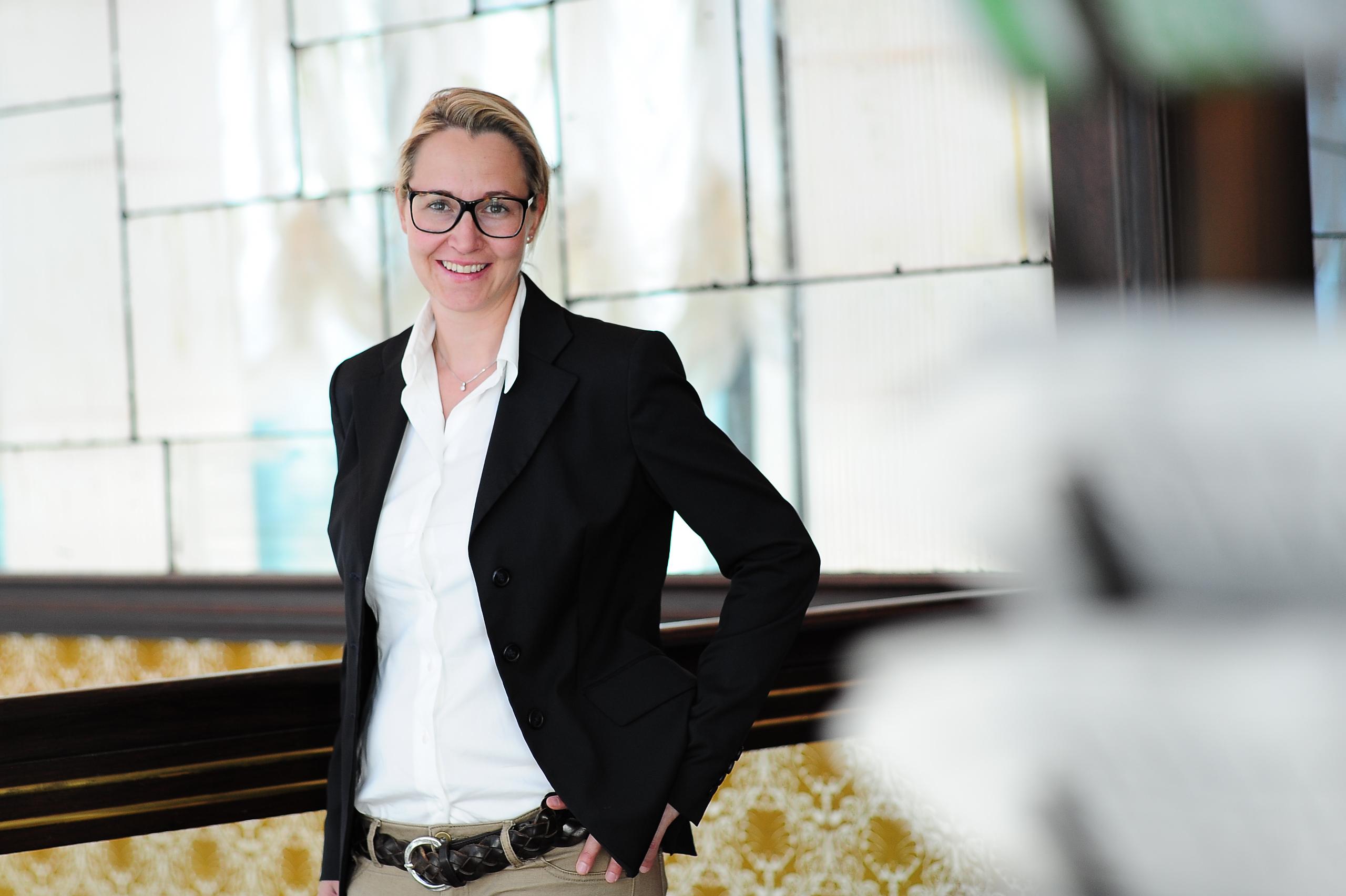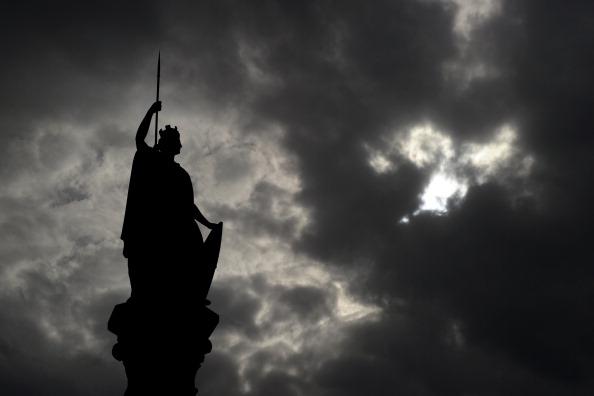The future is democratic

Switzerland is strong and beautiful because it is a democracy. The country is defined by its constructive “debate culture”, for which there is no better training ground than within our villages. A town meeting provides an opportunity to clearly study the conduct, motives and actors within our political system.

On this small stage, you can immediately sense the consequences if particular interests or an established power dictate political action. You can also find, however, a sense of community or resistance.
Debate and emotion are part of the political socialisation within Switzerland. Raising your hand at the town meeting, a tense atmosphere and nasty looks. You can literally feel how power is allocated according to the mood and dynamics of a meeting, and both can turn at any moment.
It’s not the group but rather the individual that makes the difference. And one also gets a quick lesson on how unfair and mean politics can be. Democracy often ends in the gnashing of teeth.
Following the meeting, people often gather for a beer, as there is much to discuss. You learn about acceptance, accountability and responsibility. It is not sobriety or moderation, but rather passion that is always the driving force here.
Years ago, this culture of open discussion could be found at the so-called table for regulars (a feature in many Swiss restaurants), which was enveloped by a thick cloud of cigarette smoke. Now it takes place mainly via internet forums and social media. The internet has created an abundance of public spheres, demonstrating that people continue to be engaged. Differences are played out here.
Nevertheless, democracy also gives rise to discontent, and has undisputed weaknesses.
Old questions come back to the fore time and again. Who calls the shots? Who really governs Switzerland? Is it the people, the economy, the Swiss financial centre, the parliament, the bureaucracy, the lobbyists, the media, or foreign powers? Are there any new actors? And what exactly defines the political power of “Helvetia”” – the Latin name for Switzerland?
The symptoms of a development that critics call the “Helvetic Malaise” did not appear overnight: an ever-increasing aversion to political institutions, especially the state but the judiciary as well; discord between political parties; citizens abstaining from voting; huge and wasteful propaganda during votes, which creates and manages fear; challenges to the constitution and reflections regarding the impact and execution of democratic rights. The media should continue to act as the breeding ground for democracy.
Where political sensitivities, disinformation and manipulation create a state of confusion, the media helps people form and articulate political opinions, exercise control and obtain information. It forms the prerequisite for democracy, and should continue to do so.

The scope of issues politicians can shape continues to shrink: they are more vulnerable to lobbying or overly concerned with plotting the public’s mood. Politics, like the media, increasingly appeal to shame and guilt and are too easily irritated. This ethic of moral righteousness urgently needs to find a balance.
Switzerland’s fundamental rights can be damaged by small, gradual incisions. This makes democracy unpredictable, and it endangers itself in the end. Fear, anger, morals, and the political zeitgeist that leads to polarization: these protagonists have an important role and can end up bringing a good deal of confusion to debates. Indeed, there are Swiss powers that know very well how to dramatize issues.
This is why there is a need for a sober, intellectual discussion and composed analysis that go beyond the Right or Left. The emotional manner in which topics such as the refugee issue are dealt with must be addressed. Such topics should be treated more objectively, more comprehensively and more profoundly – independent from story telling, morals, clicks or ratings.
As its name implies, swissinfo.ch has a purpose that is breathtaking in its scope – Switzerland’s political and cultural landscape, its values, and above all its direct democracy. This is a great responsibility. Democracy, however, needs this intensive cultivation. It is an immense project, and all the actors must shoulder their responsibility.
Readers outside our borders who want to understand Switzerland and its current affairs – the history and stories – can turn to swissinfo.ch. They really should join in. The 750,000 Swiss who live abroad have a greater weight when it comes to voting than some cantons in Switzerland. This is why SWI has an important role to play as an independent source. We provide analysis and background information with reports and viewpoints on politics, business, culture and science in Switzerland. We offer an enlightened, critical and, on occasion, very intensive look into the Swiss character and values, the state of our country, as well as a connection to the homeland. Right in the middle and all over the world – in 10 languages.
The future is democratic. This is the point of view that we carry with us across borders. Politics is not a hermetic discipline. You can be for or against something. Happiness is very closely connected with the inner circumstances of village life and connected to its democratic mechanisms. Participation does have an impact. These are our roots, this is our political culture, and it should not be a fleeting fortune.
Switzerland is a productive country, one with a culturally evolved democracy with basic principles and a just constitution. This is precisely the reason why Helvetia is so beautiful. She has opponents, but no real competition. Yet, Helvetia now faces new questions – questions concerning equality. But they also represent opportunities. What is required now is courage and thought. This is also a way to protect a landscape, an intellectual ploughing of the fields.
Do you have a question for our editor-in-chief? Contact her on twitter @larissambielerExternal link
Translated from German by Catherine McLean

In compliance with the JTI standards
More: SWI swissinfo.ch certified by the Journalism Trust Initiative








You can find an overview of ongoing debates with our journalists here . Please join us!
If you want to start a conversation about a topic raised in this article or want to report factual errors, email us at english@swissinfo.ch.